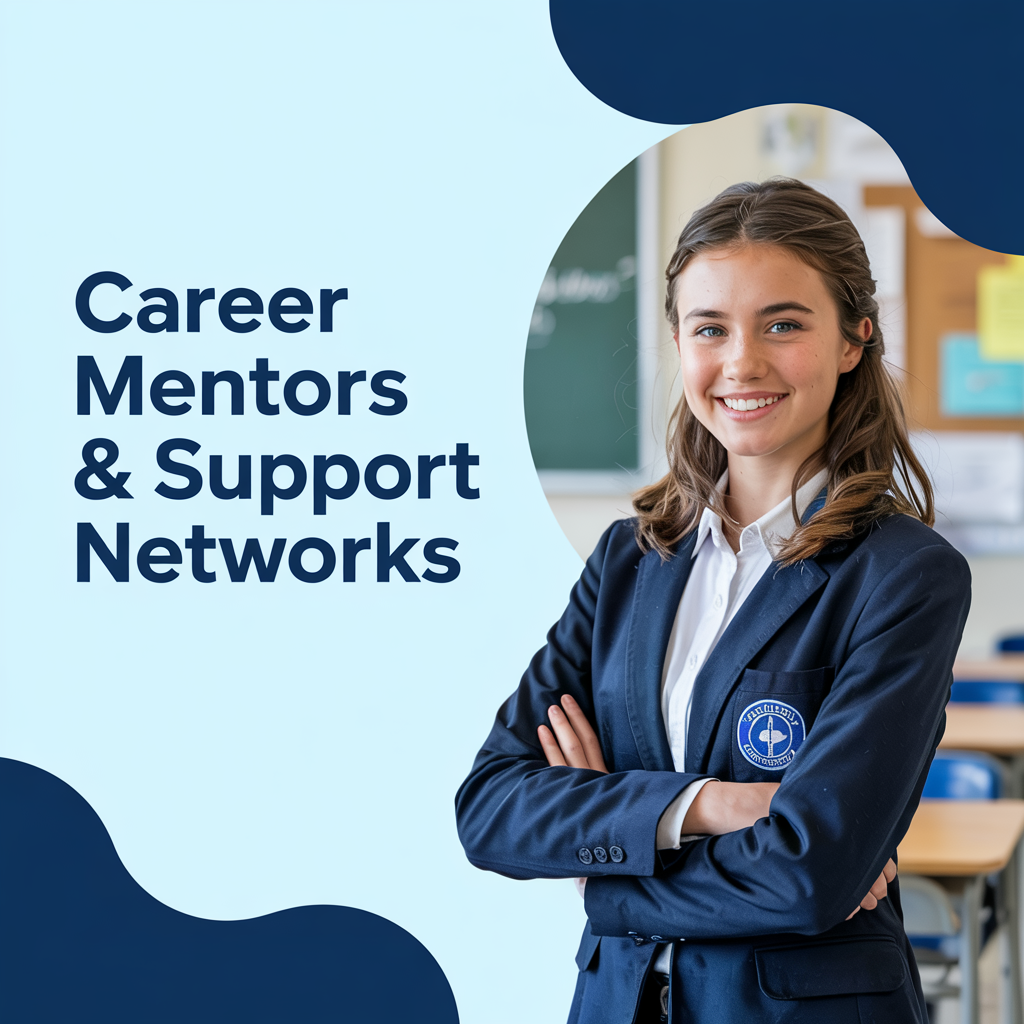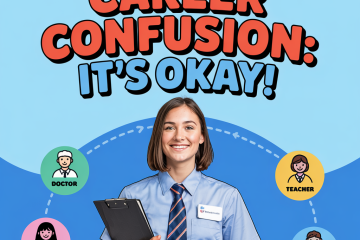Building Your “Personal Board of Directors”: Mentors, Sponsors & Advocates

You often hear advice about finding a mentor to guide your career path. That’s great advice! But relying on just one person might limit the perspectives and support you receive. Think bigger: consider building a “personal board of directors” – a diverse group of career mentors, sponsors, and advocates who can offer different kinds of support as you navigate school and career choices. This approach helps in building career network strength. This approach helps in building career network strength. Explore resources for building your support network at Cirkled In.
Why One Mentor Isn’t Always Enough
A single mentor can be incredibly valuable, offering advice based on their specific experience. However, no one person has all the answers or connections. Different people can offer different strengths:
- Someone in your dream field can offer industry insights.
- Someone with great networking skills can help you connect.
- Someone who knows you well personally can offer tailored encouragement.
- Someone in a leadership position can open doors.
A diverse board provides more well-rounded guidance.
Introducing Your “Personal Board of Directors”
Your personal board of directors isn’t a formal group that meets together. It’s a concept: a collection of trusted individuals you intentionally seek out for different types of career and personal support. The key roles often include mentors, sponsors, and advocates.
The Role of a Mentor: Guidance and Advice
- What they do: Career mentors offer advice, share their experiences, provide guidance, listen to your challenges, and help you think through decisions. They act as a trusted counselor based on their wisdom and journey.
- Focus: Your personal and professional growth and development.
- Relationship: Often based on mutual respect and a desire to help you learn. Can be formal (through a program) or informal.
- Benefit: Helps you learn, avoid pitfalls, gain perspective. Provides key mentorship benefits.
The Role of a Sponsor: Opportunity and Visibility
- What they do: Sponsors are typically senior people within an organization or field who actively advocate for your advancement. They use their influence and connections to help you get key opportunities, visibility, and promotions. They talk about you when you’re not in the room.
- Focus: Your career advancement and visibility.
- Relationship: Often performance-based; they believe in your potential and are willing to put their reputation on the line for you. Finding sponsors often happens after proving your capabilities.
- Benefit: Opens doors to high-profile projects, introductions, and career progression.
The Role of an Advocate: Support and Backup
- What they do: Career advocates are people who support you, speak positively about you, and stand by you, perhaps offering encouragement or backing you up in difficult situations. They might be peers, former colleagues, teachers, or community members.
- Focus: Providing encouragement, validation, and general support.
- Relationship: Often based on friendship, shared experience, or mutual respect.
- Benefit: Provides emotional support, boosts confidence, offers a friendly ear.
You might find people who fill multiple roles, but recognizing the distinct functions is helpful.
How to Find and Cultivate These Relationships
Building your board takes time and effort:
- Identify Potential Members: Think about teachers, counselors, coaches, bosses (from part-time jobs/internships), family friends, community leaders, people you admire in fields that interest you (even from afar initially).
- Mentors: Reach out for informational interviews. Ask thoughtful questions. If a connection clicks, politely inquire about the possibility of occasional guidance. Join formal mentoring programs if available.
- Sponsors: Focus on performing well in internships, jobs, or challenging projects. Build relationships with senior people by demonstrating competence and potential. Sponsorship often develops organically from strong performance.
- Advocates: Nurture positive relationships with peers, teachers, and community members through collaboration and mutual support.
- Be Proactive: Don’t wait for people to find you. Reach out, ask for advice, follow up.
- Be Respectful of Their Time: Prepare for meetings, be clear about what you need, and always express gratitude.
- Give Back: Relationships are two-way. Offer help or support to your network when you can.
Benefits of a Diverse Support Network
A strong personal board of directors provides:
- Varied Perspectives: Advice from different backgrounds and experiences.
- Broader Network: Access to more connections and opportunities.
- Targeted Support: The right kind of help for specific situations (advice vs. advocacy vs. opportunity).
- Increased Resilience: A stronger safety net during challenges.
Final Thought: Invest in Your Relationship Capital
Building a career isn’t just about skills; it’s also about relationships. Think strategically about building career network connections beyond just a single mentor. Cultivating a diverse personal board of directors with career mentors, potential sponsors, and supportive advocates provides invaluable guidance, opportunity, and encouragement throughout your academic and professional journey. Start investing in these relationships early. Start investing in these relationships early. Learn more about building your professional network withCirkled In.
Need more tips on college applications, scholarships, or just how to survive this whole process? Cirkled In has your back—check out Cirkled In resources to help you through every step of your college journey!



0 Comments